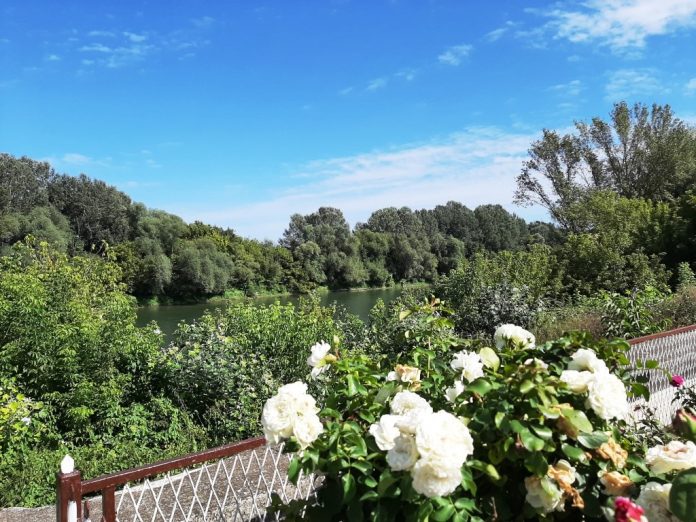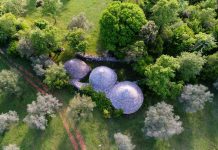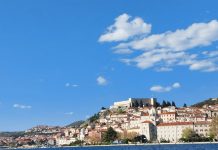We regularly see the face of the Croatian politician Stjepan Radić on a 200 Kuna banknote, but only a few know where he comes from and what a lovely place Gornja Posavina is.
You can cycle along the rivers Sava, Odra and Kupa, or swim in them. Or you can walk the green fields where the indigenous Croatian Posavina horses peacefully graze.
Discover small, quiet villages where you will find beautiful examples of traditional wooden construction, and enjoy culinary delights prepared on local farms. A trip to Gornja Posavina will be completed by a visit to the Cultural Centre of the Radić Brothers in their hometown of Desno Trebarjevo, one of the 17 settlements within the municipality of Martinska Ves near Sisak.
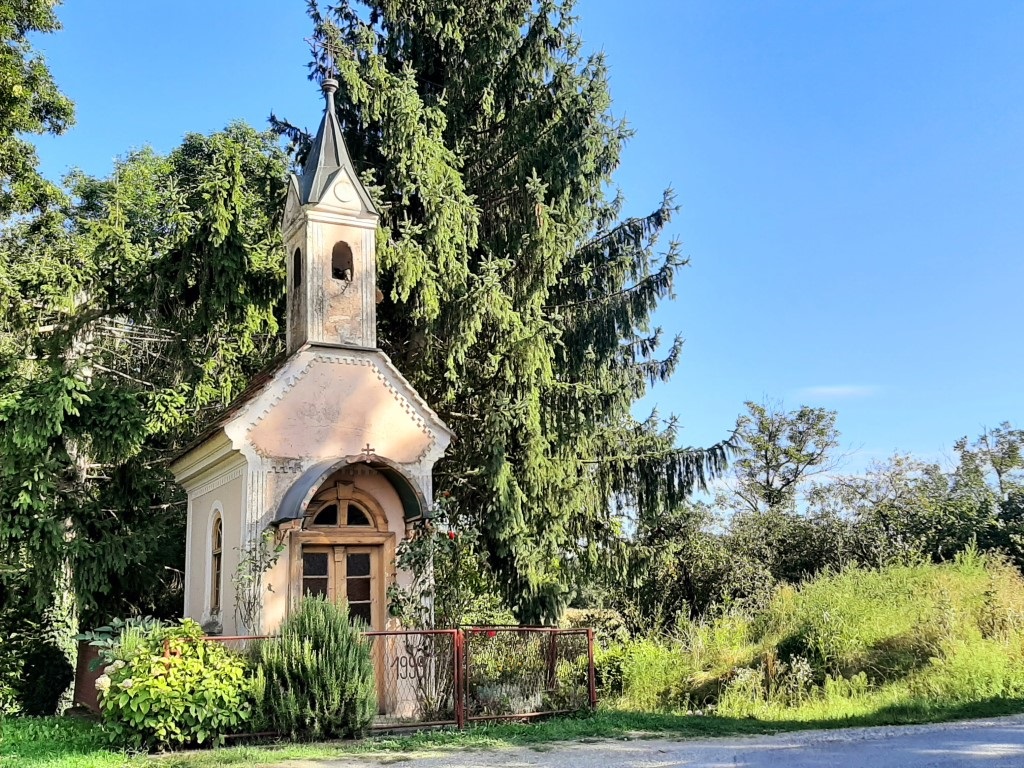
ODRANSKO POLJE – HORSES, PONDS AND COMPLETE SILENCE
The best contrast to the noise and bustle of the city is complete silence, and you will find it in Odransko Polje. After you emerge from a dense forest, you will find yourself in floodplain meadows of the Odra bordered by lowland oak forests. You can relax by the naturally formed ponds and river branches, watch herds of horses of the indigenous Croatian Posavina breed, or listen to corn crakes and white-tailed eagles in their favourite habitat. Your will find yourself busily capturing the beauty of the landscape with your camera just like the Radić brothers once did. Not only through political engagement, but also with quill and photography, they were capturing the natural and cultural beauties around them.
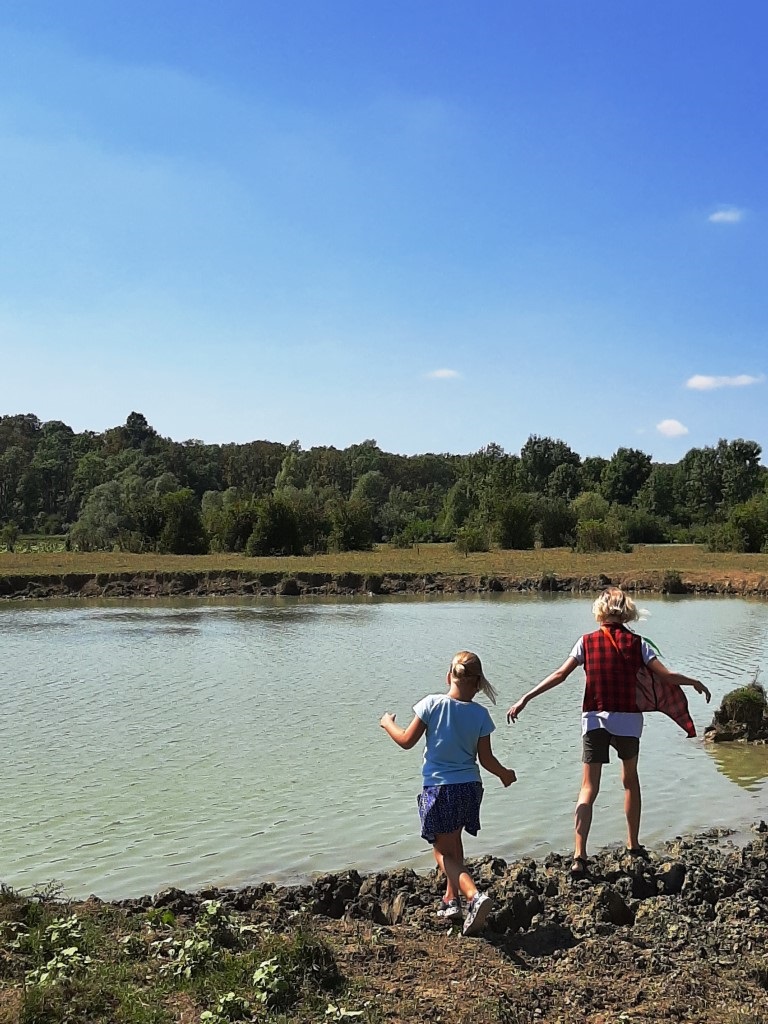
MARTINSKA VES – CHURCH OF ST. MARTIN AND THE MIGHTY PLANE TREES
After a walk through Odransko Polje, refresh yourself in Martinska Ves, one of the oldest communities in Gornja Posavina, and also the centre of the municipality of Martinska Ves located along the river Sava, and bordered by the Lonja and Odra. The centre of the village where the Radić brothers learned to write their first letters looks fresh and attractive with its restored historic buildings: the former elementary school, now the library, the municipal building and traditional wooden houses. It is widely accepted that the finest building is the charming church of St. Martin. A beautifully landscaped playground in the immediate vicinity of the primary school will delight the children, and you can listen to the soft murmurings of the canopy of an impressive plane tree that will tell its centuries-old stories. The primary school has a unique tree-line and a grassy football field.
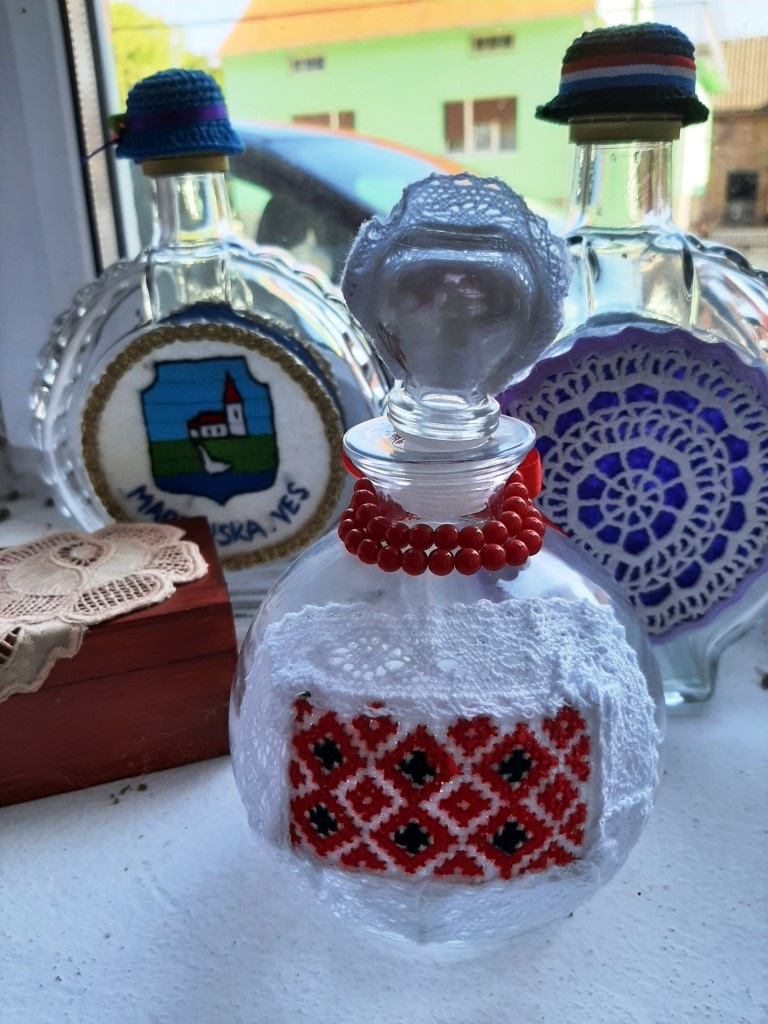
MARTINSKA VES BRIDGE – ONE OF THE THREE HANGING BRIDGES IN CROATIA
What will surely catch your eye is the hanging bridge Martinska Ves over the Sava which connects the Right and Left Martinska Ves. What makes it special is that it is one of the three suspension bridges in Croatia and currently the only suspension bridge in Croatia with road traffic, with a lane for cyclists and pedestrians. The bridge is actually a replacement for barges that once sailed on the Sava, just like the floating mills characteristic for this part of Posavina. One of them was owned by Stjepan Radić’s father and helped him with the support of his big family. However, barges were very often blocked by high waters, so this problem was solved by a suspension bridge with a beautiful view of the Sava, along which, unaware of the modern world around them, Posavina geese swim, just like in the old times.
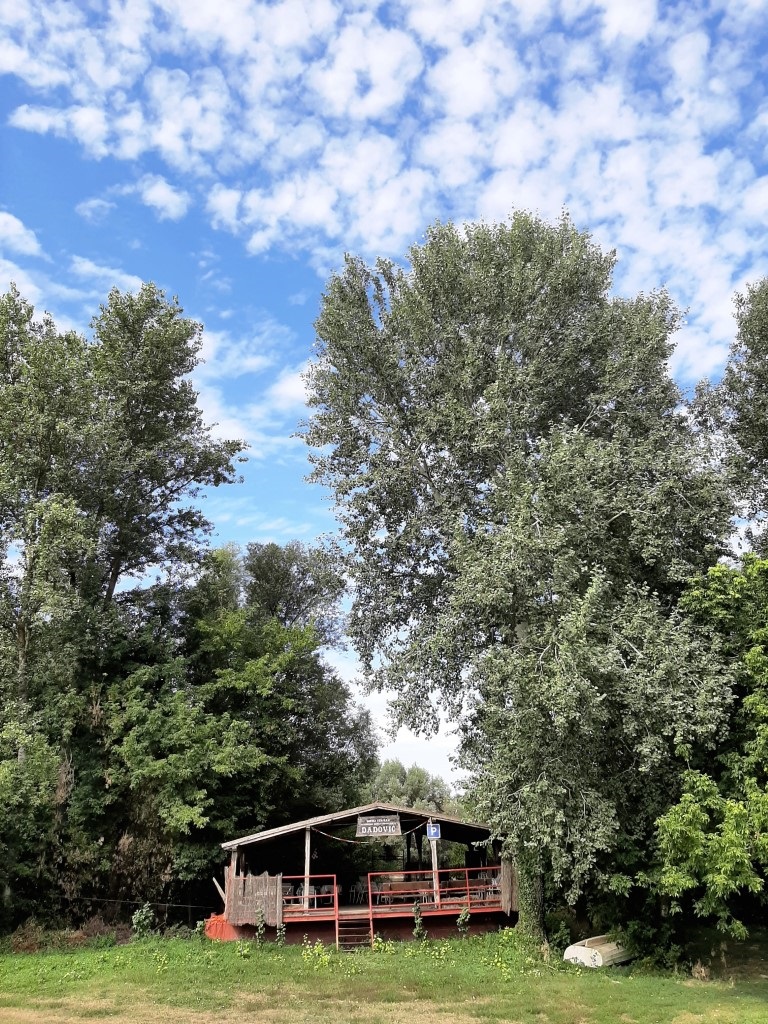
AGROTOURISM DADOVIĆ – LUNCH ON THE BARGE AND A BOAT RIDE
If you want to dine, but also get to know the traditional construction of Posavina houses, look for the traditional farm Dadović in Martinska Ves whose owner is Ivica Dadović, one of the descendants of Stjepan Radić! If you want to dine, call the day before to arrange a lunch that will be served in a very special place, on a covered barge, which, surrounded by greenery, is located on the banks of the Sava. At your disposal is the heritage restaurant of the Dadović family where you can enjoy the Posavina goose with mlinci (thin dry flatbread that is broken up into pieces and mixed with the roasting juices), carp on forks, and orahnjača (rich walnut cake) and makovnjača (poppy seed cake). If you want to stay longer, there are two apartments and two double rooms. You can go for a boat ride or cycle, and if you want to camp, the Dadović family will be happy to provide it for you. If you want to bring a gastronomic souvenir, we have another suggestion. Be sure to visit the small family cheese factory Mlađenović in Desni Dubrovčak, which produces different types cow’s cheese from its own milk, such as boiled cheese with chives, paprika or chia seeds.
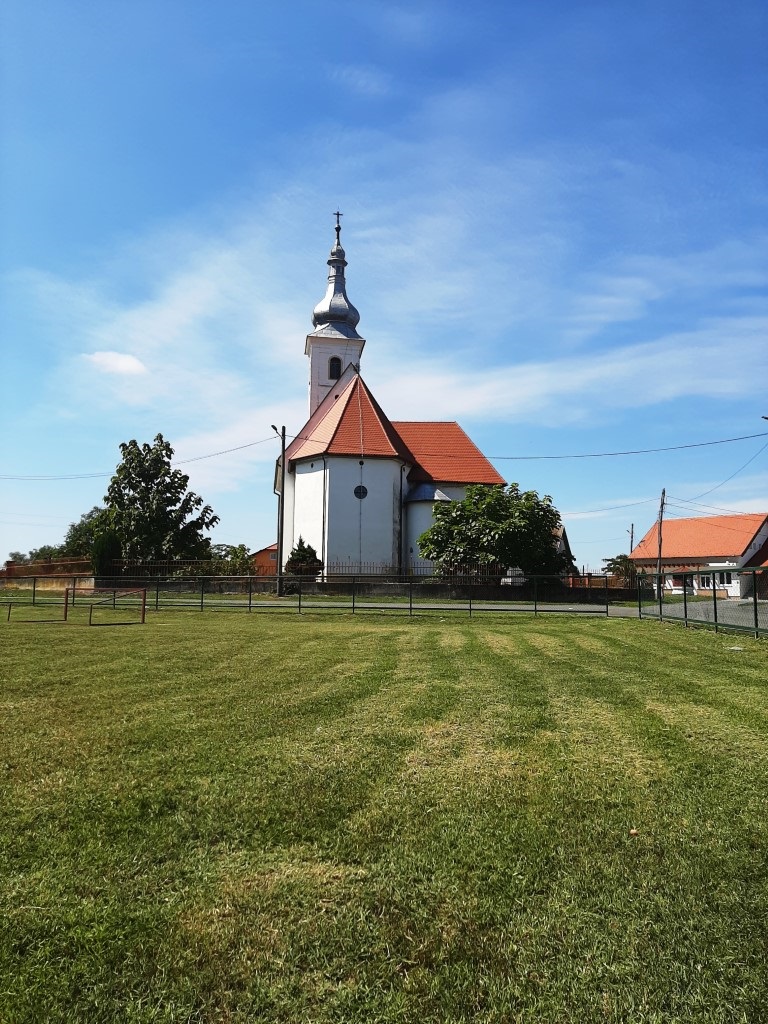
DESNO TREBARJEVO – THE RADIĆ BROTHERS HOMETOWN ON THE RIVER SAVA
You can end (or start) discovering Gornja Posavina by a visit to Desno Trebarjevo where the Radić brothers were born. The houses are lined along the Sava which meanders peacefully through forested banks and makes Desno Trebarjevo ideal for cycling. Unfortunately, the house where Stjepan Radić was born is no more, but this is largely compensated by the “Cultural Centre of the Radić Brothers” where you can learn about the fascinating life of the two brothers who made a mark and indebted Croatian history and, also, about everything that makes Posavina heritage valuable and special. Announce your arrival a day in advance and the director of the Centre Jasmina Jovev, will be happy to tell you many interesting facts about the region that was home to remarkable character of Stjepan Radić whose work made a huge impact on Croatian politics and history.
Author: Silvija Jacić
Useful links:
The Cultural Centre of the Radić Brothers
Agrotourism Dadović, Martinska Ves
Sisak-Moslavina County Tourist Board

